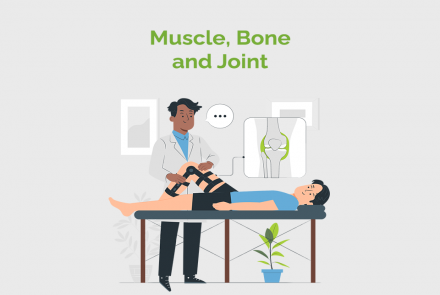Rheumatoid Arthritis, Osteo Arthritis, Gout Arthritis, Juvenile Arthritis, Psoriatic Arthritis, Osteoporosis
Do you have some any Do's and Don'ts that you would like to share with the community

Rheumatoid Arthritis, Osteo Arthritis, Gout Arthritis, Juvenile Arthritis, Psoriatic Arthritis, Osteoporosis